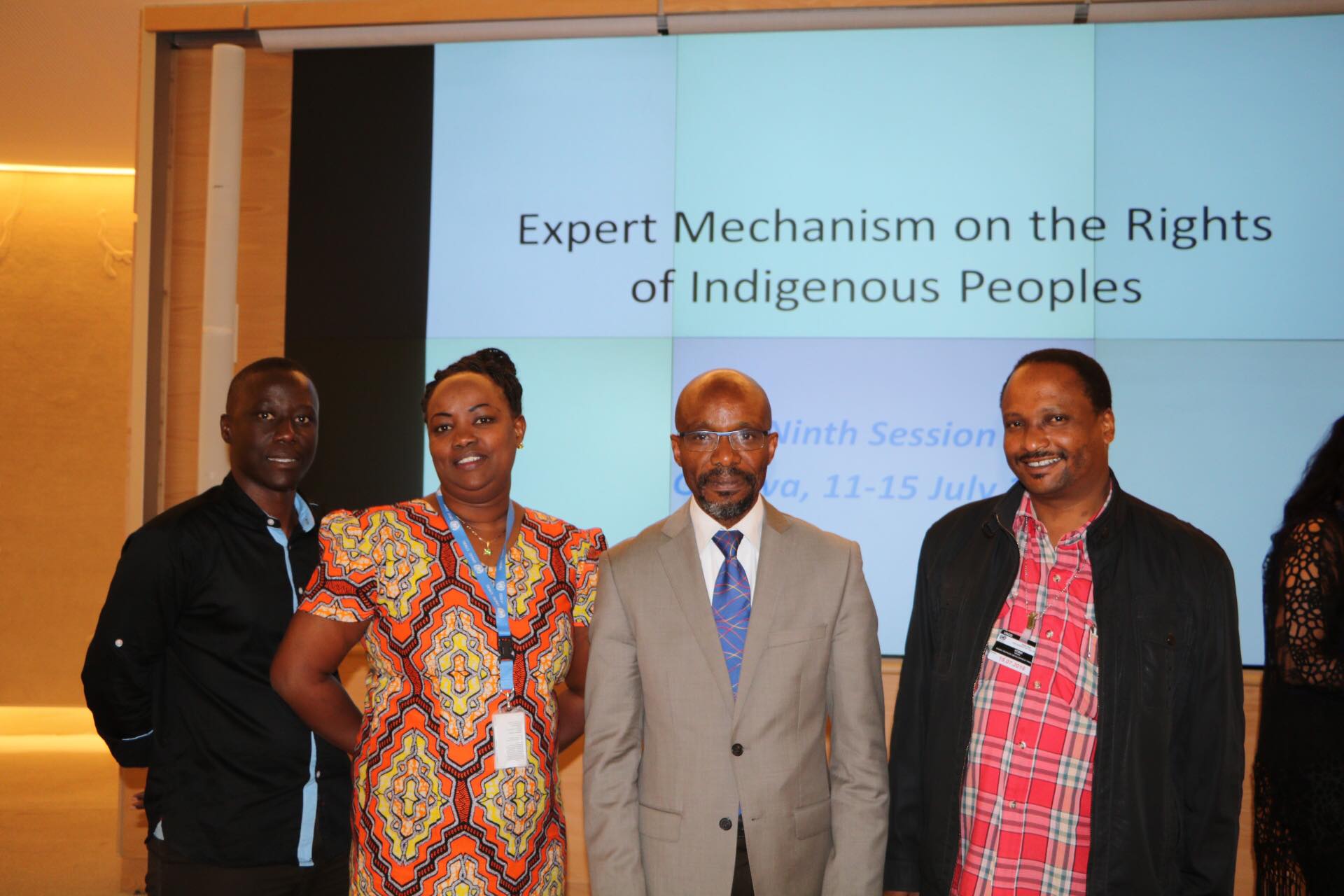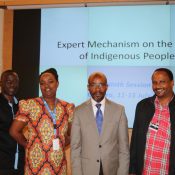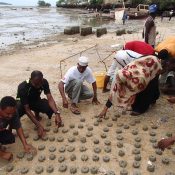
Indigenous In-Deed!
A conversation with Ms. Martha Ntoipo.
In marking this year’s International Day of the Indigenous Peoples, celebrated annually on 9th August, we had a conversation with Ms. Martha Lekitony Ntoipo.
Ms. Martha Ntoipo is a Maasai from Longido District in northern Tanzania. The Maasai are recognized as an Indigenous People, having preserved their culture and traditions for generations. Ms. Martha grew up in a traditional large family where her father has six wives and 60 children (and still counting). She was fortunate to join formal school, without her father’s consent, and escaped being married off early in life.
Upon graduation from high school in 2003, she embarked on a mission to address challenges that she had encountered, and which were a hinderance to the development of many girls and women from her Maasai community. Female genital mutilation, forced early marriages, sexual and reproductive health education, human rights, and rights of women to own property and make decisions, are some of the issues that she devoted most of her time to work on.
In 2010, Ms. Martha founded the Pastoralist Information and Development Organization (PIDO). PIDO runs programmes on health, women empowerment and environmental conservation.
Despite working to end female genital mutilation, encouraging Maasai girls to seek formal education and working to empower women to take up a more active role in decision making at the community, national and international levels, Ms. Martha still considers herself an indigenous woman. She has had the opportunity to address women, indigenous peoples and climate change issues not only at local and national levels but several times at workshops organised by the United Nations.
Ms. Martha Ntoipo observes that the greatest challenge facing indigenous people today is the conversion of their ancestral lands into game reserves and the restrictions to access pasture and medicinal herbs. This was witnessed in Ngorongoro where Maasai villages were converted into a game reserve. Currently, 136 villages have been given back their ancestral land after President John Magufuli intervened. Her prayer is that villages of indigenous people in Ngorongoro District and those earmarked for establishment of a Game Reserve in Longido District will receive the same favour. She is also concerned that the formal education system has affected the ability of the young generation to learn their indigenous languages and culture.
Excerpts from the conversation:
People4Nature Secretariat: What would you consider as women empowerment at the family, community, national and international arenas?
Ms. Martha Ntoipo: Women empowerment is the power of women to make decisions on issues critical to them, their bodies, their children and their health at all levels. This can only be realized when women have economic justice and a seat at the political table.
People4Nature Secretariat: What, in your opinion, needs to be done to advance the indigenous and/or women empowerment movements?
Ms. Martha Ntoipo: Building their capacity through education including adult literacy and vocational training, provision of grants and soft loans to start or strengthen their businesses, establishment of community radios and promoting the use of indigenous language. Above all, indigenous women need to be supported to compete for political positions.
People4Nature Secretariat: What advice would you give women aspiring to champion indigenous and women rights?
Ms. Martha Ntoipo: I want them to know that they are already what they dream to be. The only thing missing is the courage to take a step towards that direction. They should take THAT STEP. The other thing to remember is that WE ARE THE CHANGE WE WANT TO SEE, let us take part in it. There is no right without responsibilities. Let us do our part so that we can legitimately demand for our rights.


